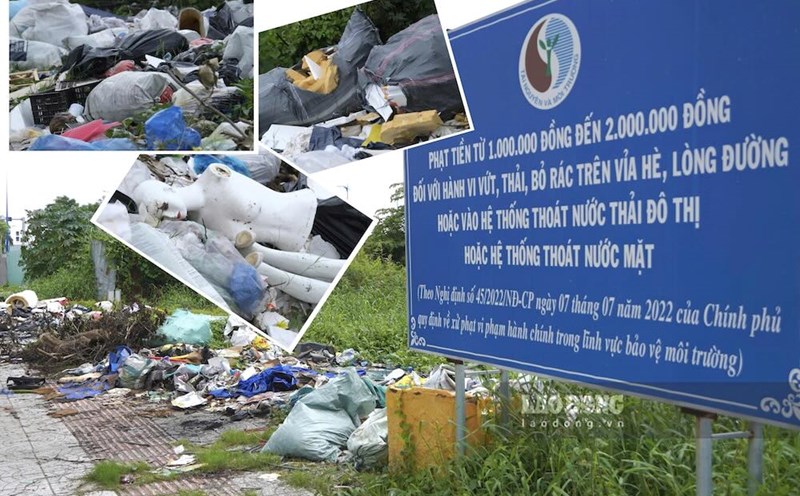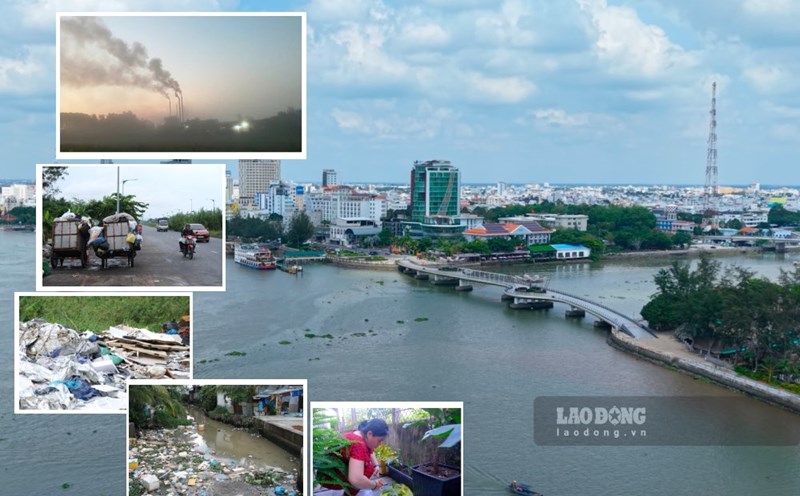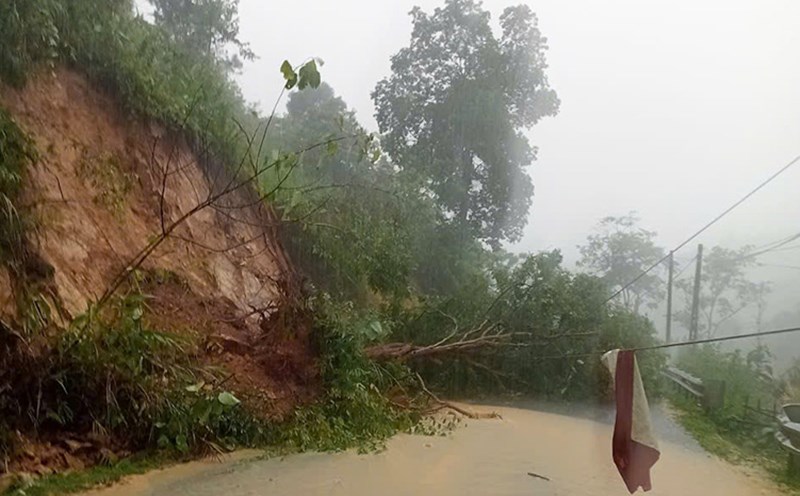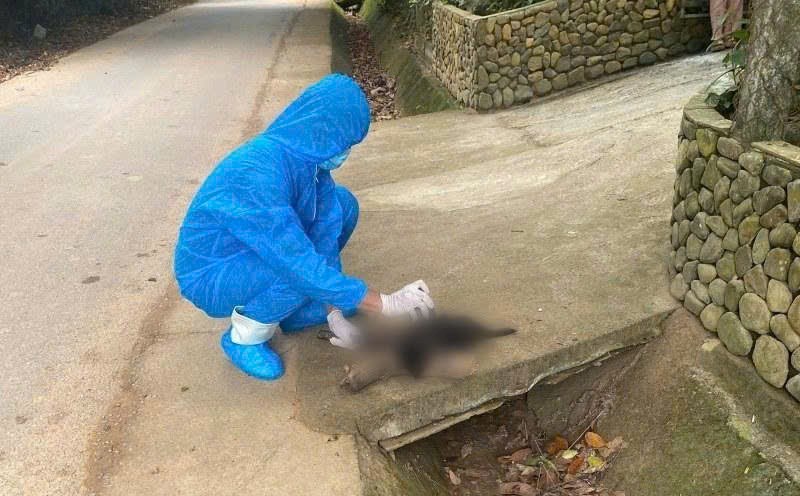Changing thinking
Faced with the situation of garbage pollution at an alarming level, significantly affecting the city's tourism activities, Ms. Huynh Thi Bich Tuyen, owner of Mekong Silt Ecolodge Resort (Can Tho City) shared: "The unit has proactively done tourism combined with a green economy with the orientation of building a thorough circular model, based on indigenous resources. Here, we have a model for classifying waste, especially recycling it into products such as soap and dishwashing water".
At the end of July, when they came to Mekong Silt Ecolodge to visit and learn about this model, the surprise was that when meeting the staff, everyone was excited to work happily. According to observations, as long as the area is planned to be enough, the unit can implement the classification and display of the version.
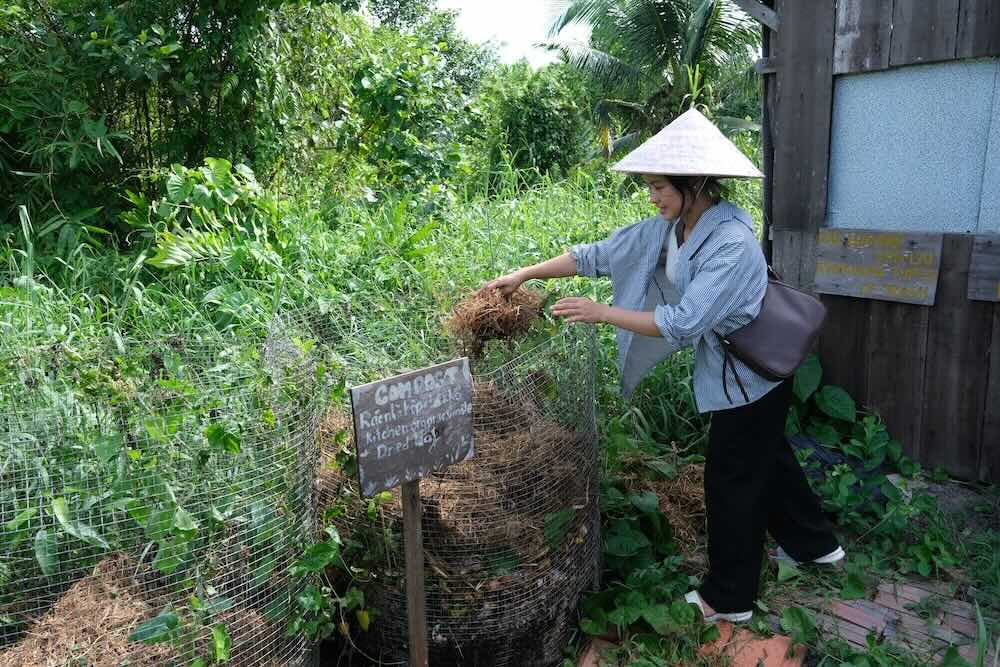
Ms. Nguyen Thi Hong Doan (staff) - introduced, the unit has 4 solutions to make sustainable tourism. That is, refusing imported raw materials, using local materials, recycling and discarding them responsibly. The guiding principle of this unit is to form environmental protection awareness for employees to best serve tourists, thereby contributing to spreading it to surrounding people.
To do this, employees are trained in using environmentally friendly materials, typically going to the market, using large baskets and reusing them many times.
For waste classification, depending on organic/no-mechanical, there is a suitable treatment direction. In particular, it is worth noting that if you lie in an organic landfill, vegetables and fruits that cannot be used will be affected. For leftover food of diners, fish and chicken will be brought by staff to be raised at nearby farms. For garden waste (leaf) will be kept in banana holes.
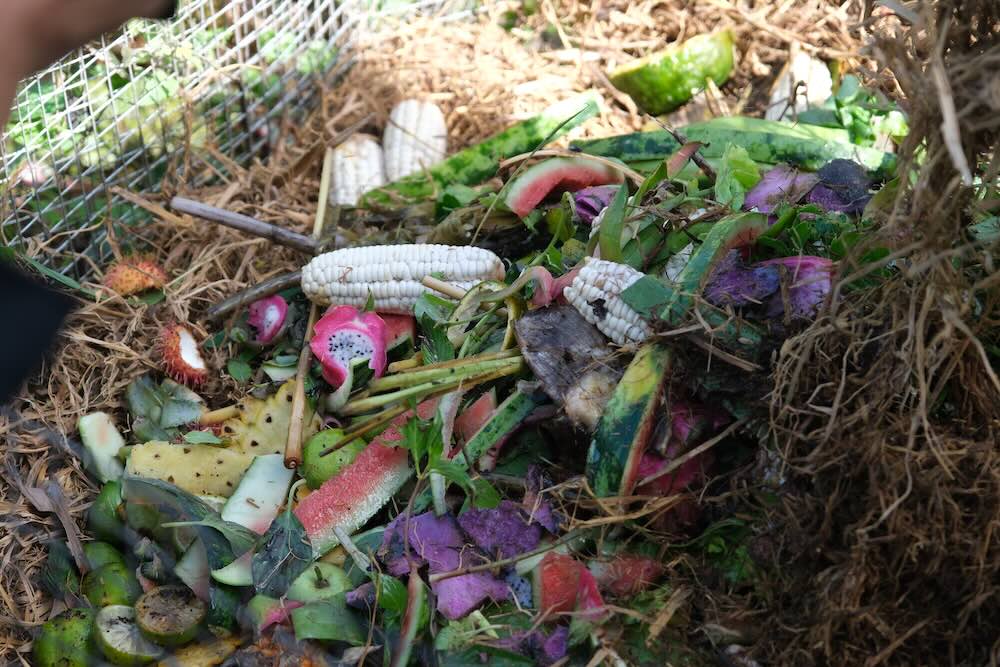
Organic waste will be classified according to different mechanisms and recycled into products such as soap, dishwashing water, floor cleaner, organic fertilizer, biological pesticides, etc.
As for inorganic waste, Mekong Silt Ecolodge tends to completely reuse it as a decoration product, displayed in the campus.
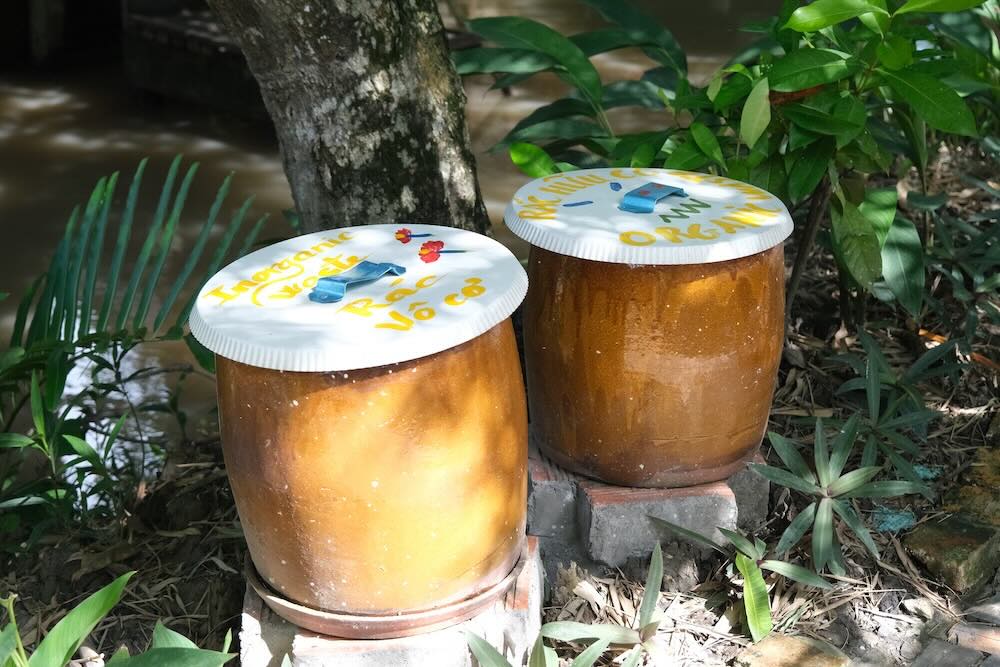
According to Ms. Tuyen, looking at it is simple but it is a whole self-learning process from experts, summarizing experience from practice, constantly updating new and effective methods.
However, Ms. Tuyen worries that currently, many tourism workers are worried because waste pollution in the city is "losing points" in the eyes of international friends. Therefore, she hopes that this way can contribute to building a beautiful image for Can Tho tourism industry.
People for the Hau River
At Con Son Agricultural Tourism Cooperative (Can Tho City), people do sustainable agriculture with the love of "the heart" of the Hau River.
A typical example is the star apple gardener of Ms. Nguyen Thi Ngoc Mai - who spent her whole life attached to fruit trees. Ms. Mai said that to produce delicious, sweet star apple fruits to serve tourists, there is a significant contribution of organic fertilizer from the shells and leaves.
"Here, we handle garbage very carefully. For plastic bags and plastic items, we will reuse them to limit waste discharging into the environment; organic waste such as vegetable roots, leaf shells, tree shells... will be divided into growing areas in the garden to make fertilizer and fertilize fresh fruit trees" - Ms. Mai shared her secret.
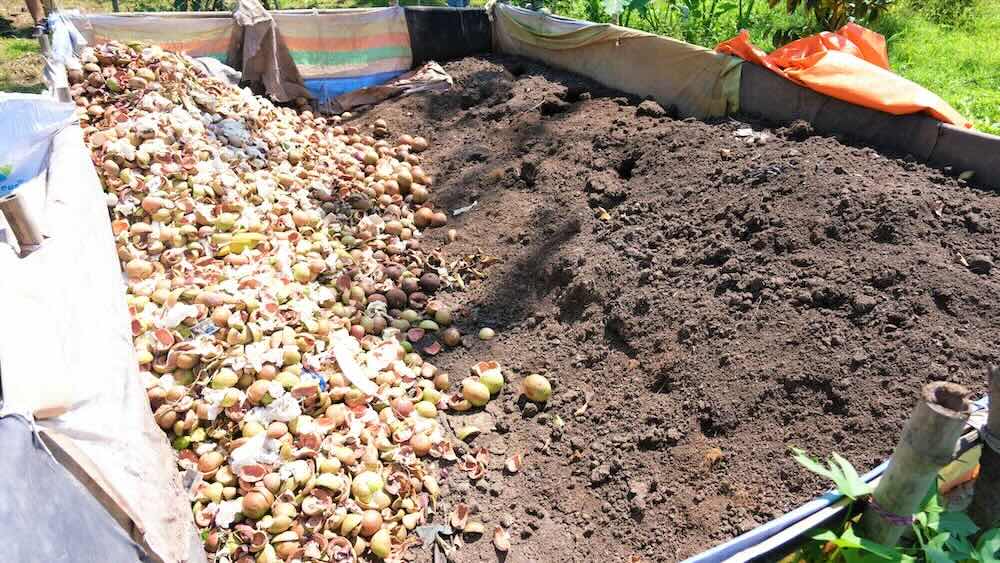
At Thanh Tam Garden House, visitors can also enjoy homemade guava while waiting to see the "flying snakehead fish" performance.
"I also want the living environment to be green - clean - beautiful like the Hau River gives us" - Mr. Tam said.
Notably, previously, people in Con Son province and tour guides also collected and classified plastic waste, notably the activity of connecting boats with 2,500 plastic bottles to "beautify" the environment, following the model "People in Con Son say no to plastic waste".
Ms. Le Thi Be Bay, who is more accurately the guardian angel of Con Son Agricultural Tourism Cooperative - said that since its establishment, although the number of visitors has increased, Con Son has become a brand, but the people here still do so, still keep the "land" in the city, still be friendly, hospitable, generous and the green color of the West.

